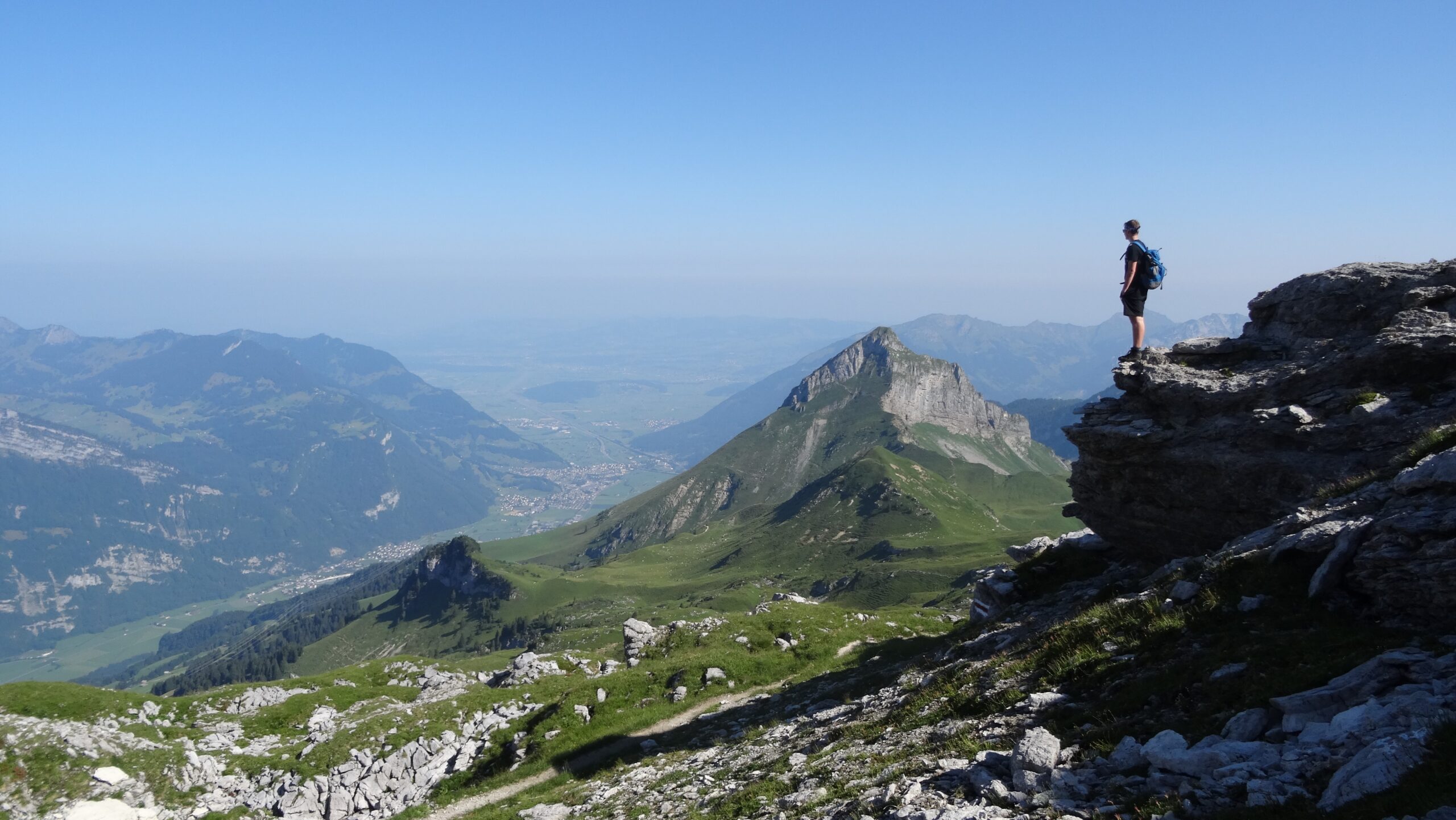Aiming High? Top Tips for Travelling to High Altitude Destinations
High altitude destinations carry the romantic allure of untouched solitude. The truth is that the air may be fresher and cleaner up there but it is also thinner. What’s more, the inaccessibility of such areas not only makes them far from the maddening crowd, but also just as far from immediate medical help.
If you are aiming high on your next adventure break, here are some essential travel tips to help you deal with the effects of altitude.
Into thin air
You don’t have to scale Everest to experience the effects of altitude. Anyone who travels from lower altitudes to above 6,500 feet is potentially at risk from altitude sickness.
So, whether you’re planning to see the Aztec ruins of Mexico City, ski in the Swiss Alps, experience the unspoilt nature of Bhutan, take a luxury break in the Colorado Rockies or take in the historic sights of Machu Picchu, here is what you need to know.
High altitude travel tips
- Do your research
You can check the elevation of your destination by using sites like veloroutes.org. The height of the destination isn’t the only factor to consider: your hometown altitude makes a difference, too. As a general rule of thumb, the closer you live to sea level, the more at risk you are of the effects of altitude.
- Seek advice
If your doctor agrees you are at risk they may recommend acetazolamide for either treatment or prevention. They may also advise you to pack ibuprofen (for headaches) and ginger supplements (for nausea).
- Acclimatise slowly
Spending one to three days at an intermediate altitude can help minimise the effects. Similarly, planning to rest for your first few days at altitude can help your body to adjust.
- Eat and drink sensibly
Complex carbohydrates help you to use oxygen more efficiently and maintain your energy levels. Make sure you eat plenty of whole grains, fruits and vegetables to get enough efficiently-burning carbs.
Caffeine and alcohol will dehydrate you at a time when your body needs water. Drink water (not whiskey or wine).
- Read the signs
If you experience any of the following symptoms, dropping down to a lower altitude will help.
- Headaches
- Dizziness
- Appetite loss
- Nausea
- Fatigue
- Sleep problems
Go for it
The rewards of many travel destinations at altitude far outweigh the risks. Understand the risks but don’t let it stop you experiencing the rush of visiting places like Tibet, Nepal, Jungfrau or Kilimanjaro.
If you’d like to talk to our Travel Managers about arranging a trip to a high altitude destination we can help you plan and prepare to see the sights safely.
Call us today on 0203 535 9290, or email us at leisure@simplexitytravel.com.

